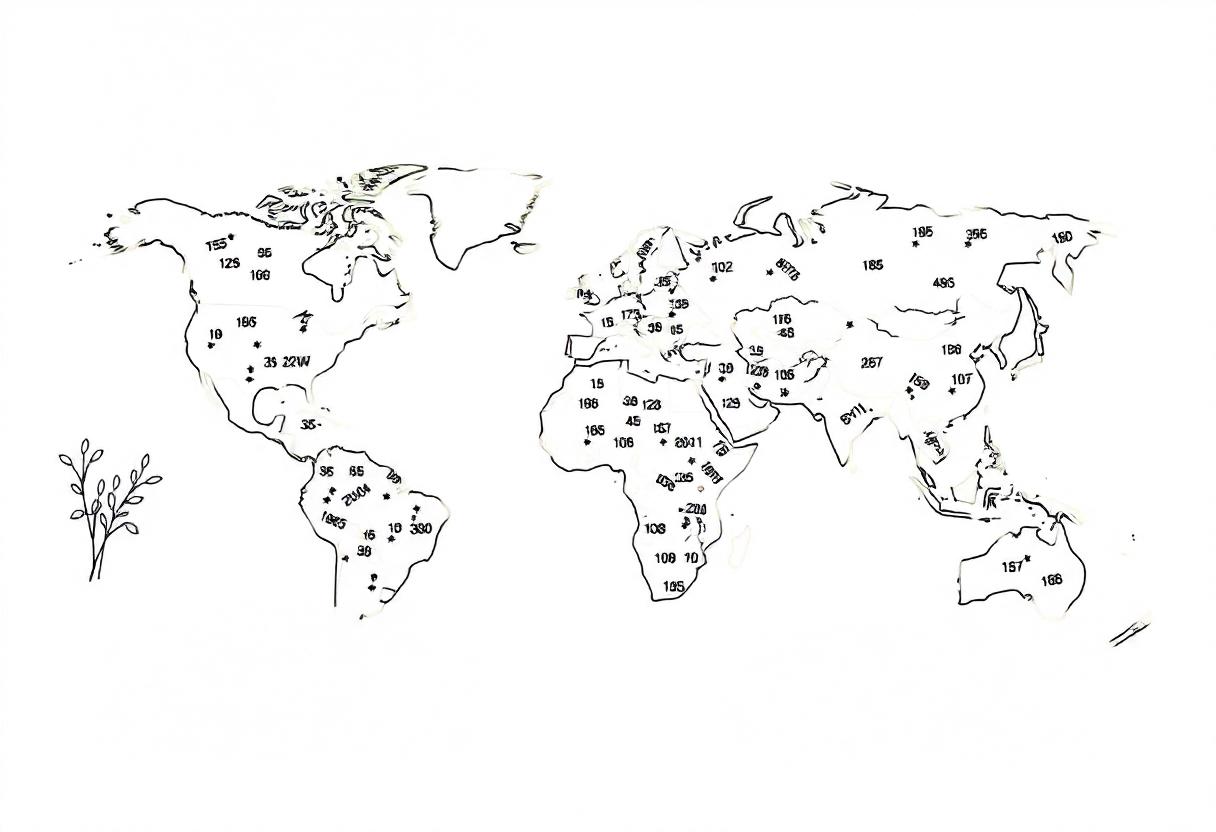
The agriculture year is a crucial concept in farming that reflects the annual cycle of agricultural activities and their impact on crop and livestock production. This cycle is determined by various factors including climate, weather patterns, and seasonal changes, which influence planting, growth, and harvesting periods. Understanding the agriculture year helps farmers plan and manage their activities more effectively, ensuring optimal productivity and resource use.
Seasonal Cycles
The agriculture year is typically divided into distinct seasons, each with specific agricultural activities:
- Spring: This season marks the beginning of the planting phase for many crops. Farmers prepare the soil, sow seeds, and begin early management tasks such as irrigation and fertilization. Spring is also a time for planting vegetables and fruits that require a longer growing season.
- Summer: During the summer months, crops enter their growth phase. This period involves regular maintenance activities such as weeding, pest control, and continued irrigation. Farmers monitor crop health and make adjustments to ensure optimal growth conditions.
- Autumn (Fall): Autumn is primarily focused on harvesting. As crops reach maturity, farmers collect and process their yields. This season also includes post-harvest activities such as soil preparation for the next planting cycle and managing crop residues.
- Winter: Winter is a quieter period in agriculture, with less field activity. However, it is a critical time for planning and preparation. Farmers review the past year’s performance, plan for the upcoming season, and conduct maintenance on equipment and infrastructure.
Crop Management
Effective crop management throughout the agriculture year involves several key practices:
- Planting Schedules: Timing is crucial for planting various crops. Understanding the optimal planting windows for different crops ensures that they grow in favorable conditions and achieve maximum yields.
- Growth Monitoring: Regular monitoring of crop health during the growing season helps in early detection of issues such as pests, diseases, or nutrient deficiencies. Adjustments can be made to address these problems promptly.
- Harvesting Strategies: Timing the harvest is essential to ensure crops are collected at their peak ripeness. This affects both the quality and quantity of the harvest. Proper harvesting techniques also help in minimizing losses and preserving crop quality.
Livestock Management
In addition to crop management, livestock management follows its own seasonal patterns:
- Breeding and Calving: Livestock breeding and calving are planned according to seasonal conditions. For example, calving might be scheduled in spring to ensure that young animals benefit from favorable weather conditions.
- Feeding and Nutrition: Seasonal variations affect the availability of feed and forage. Farmers must plan their livestock nutrition accordingly, ensuring that animals receive balanced diets throughout the year.
- Health Monitoring: Regular health checks and vaccinations are scheduled based on the needs of the livestock and seasonal disease patterns. Winter months, for example, may require additional care to prevent cold-related illnesses.
Soil Management
Soil management is a critical component of the agriculture year:
- Soil Preparation: Before planting, soil preparation involves tasks such as tilling, fertilization, and testing. Proper preparation ensures that the soil has the right texture and nutrient levels for optimal crop growth.
- Crop Rotation: Implementing crop rotation strategies helps in maintaining soil health and fertility. Rotating different crops prevents soil depletion and reduces the risk of pests and diseases.
- Post-Harvest Soil Care: After harvesting, soil management practices include applying cover crops, managing residues, and implementing conservation techniques to prevent erosion and maintain soil structure.
Weather and Climate Impact
Weather and climate play a significant role in the agriculture year:
- Weather Forecasting: Accurate weather forecasting helps farmers plan their activities and mitigate risks associated with extreme weather events such as droughts, floods, or frosts.
- Climate Adaptation: Understanding long-term climate patterns allows farmers to adapt their practices to changing conditions. This includes selecting climate-resilient crops and adjusting planting and harvesting schedules.
Technological Integration
Advancements in technology are increasingly influencing the agriculture year:
- Precision Agriculture: Technologies such as GPS and remote sensing are used to monitor and manage crops and livestock with greater precision. This improves efficiency and helps in making data-driven decisions.
- Automation: Automated systems for planting, irrigation, and harvesting are becoming more common, enhancing productivity and reducing labor requirements.
Overall, the agriculture year is a dynamic and multifaceted cycle that involves careful planning and management of various activities. By understanding and effectively managing each phase of the agriculture year, farmers can optimize their production processes and contribute to a more sustainable and efficient agricultural system.